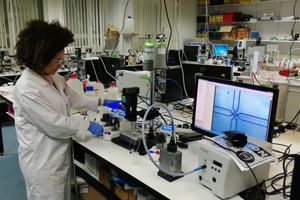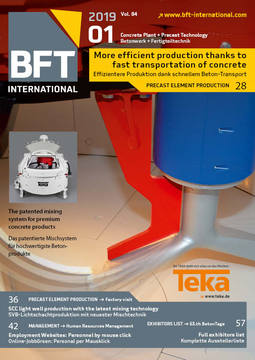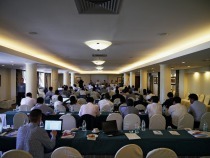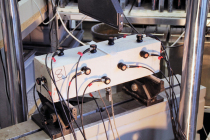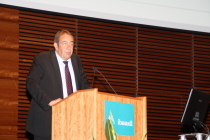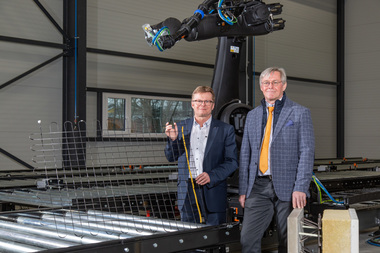Cambridge researchers developing self-healing concrete
Researchers at the University of Cambridge (Department of Engineering’s Geotechnical and Environmental Research Group) are using microencapsulation technologies developed by Dolomite Microfluidics to develop self-healing construction materials.
Dr. Livia Ribeiro de Souza, a postdoctoral researcher in the group, explained: “Concrete and other composite building materials suffer fatigue over time, developing small cracks. We are hoping to overcome this problem by adding microcapsules filled with ‘healing’ agents – such as minerals, epoxy or polyurethane – to the concrete before it is used. The idea is that, as cracks begin to form, they rupture the microcapsules, releasing their payload and stabilizing the material.”
Functionalized microcapsules created
This approach requires the formation and functionalization of double emulsion microcapsules, which the scientific team has been producing with the help of microfluidics. The researchers have been using a Dolomite Microfluidics system since 2014. The Dolomite system has enabled the researchers to create functionalized microcapsules that bind more strongly to the cement matrix, while also having thinner shell walls and higher core retention, improving their self-healing properties. Livia continued: “It is good to be able to discuss any issues we’re having with the experts at Dolomite Microfluidics, helping to accelerate our research and move us a step closer to real world applications.”

